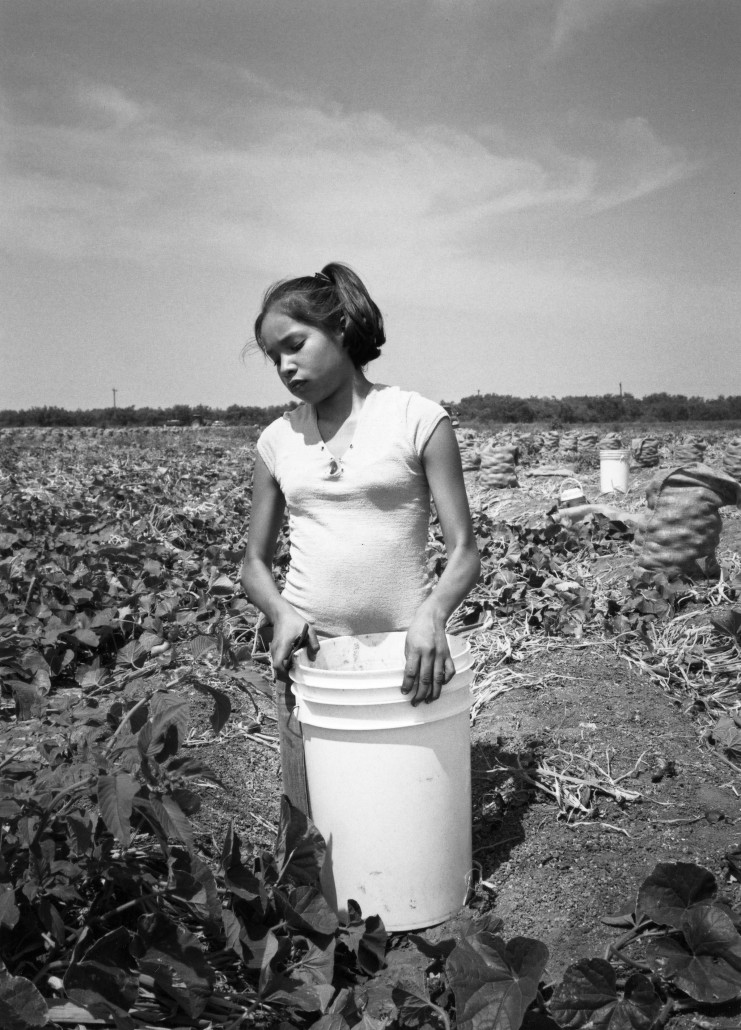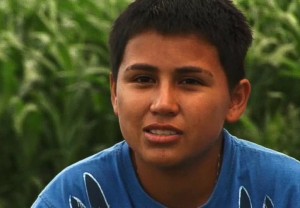Needed: A Champion for Children
By Len Morris

Len Morris of Media Voices for Children
If we are to have a government worthy of the America Jimmy Stewart described in his famous role as Senator Jefferson Smith, we’ll need champions in government that will protect those who are the weakest and most vulnerable among us – our children.
Today, hundreds of thousands of children work in America’s fields doing dangerous, unhealthy and adult work from sunrise to sunset…many under 14 years of age. They need a champion, one senator out of a hundred, who will step forward to protect them by introducing a law outlawing child labor in America’s fields, revising and repealing a law that’s been on the books since 1939, when America was a different place and American farms were small family affairs, not the corporate agribusiness of today.
The invisible children in our fields are victims of greed, racism and violated human liberties.
Greed is the driver, enabling companies to make huge profits at the expense of children’s health. Under current US law, child tobacco workers can be and are exposed to nicotine poisoning and the carcinogens of deadly pesticides. These kids’ human rights are violated with little notice or political consequence.

Yesenia, age 12, harvesting onions in South Texas (Photo courtesy of Robin Romano)
Meanwhile, politicians look the other way and pretend it’s not happening as they collect campaign contributions from those same companies. Senators and Representatives have somehow lost their voice when the constituent is a child who cannot vote.



